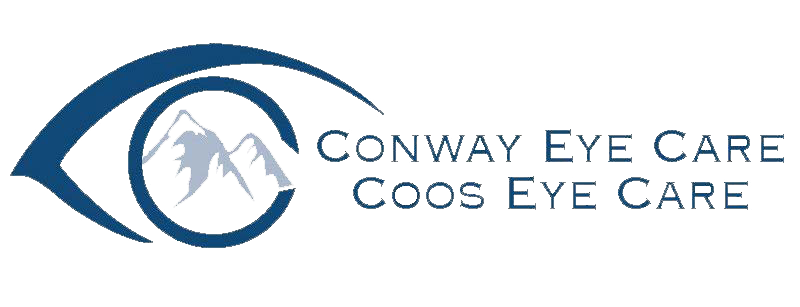Identifying and Treating Vision Problems is Essential to Learning
As you prepare for your child’s entry (or re-entry) into school this fall, an annual eye exam should be on your list, right along with new sneakers and school supplies. In fact, some studies show that.
- One out of every four children wrestle with reading and schoolwork because of undiagnosed vision problems.
- More than 60% of children experiencing difficulty in school have undiagnosed vision problems.
- Most of the vision problems that can affect learning are treatable.
More than likely your child’s pediatrician has included a distance vision test in his regular examination, but parents should understand that there’s more to a child’s ability to see than 20/20 vision.
Does you child have vision problems?
If your child is deficient in vision skills, he or she will have to work harder to learn, and may not be able to keep up in school. Here are some symptoms that may indicate that eyes are a problem. If you note any of these symptoms, share them with your eye doctor at your child’s vision consultation:
- Avoids close work or prefers being read to
- Holds reading material closer than normal
- Difficulty remembering what has been read
- Loses their place while reading
- Needs to use a finger to track words and hold place while reading
- Tilts or turns the head to use one eye only
- Makes frequent reversals when reading or writing
- Has frequent headaches
- Rubs his or her eyes or squints to see objects
- Has difficulty with play activities or sports that require hand-eye coordination
- Seems to be struggling to finish homework
- Exhibits behavior problems or wants to avoid going to school
Vision problems can be overlooked by parents because the signs may be subtle and hard to identify. Especially in younger children an eye exam is essential to identifying any vision conditions that may affect your child’s ability to succeed in school.
It’s important to note that vision changes can occur slowly in children and they may not notice the difference or understand that they should be seeing more clearly. If the child has any complaints with his or her vision or eye comfort, an exam by an optometrist is recommended.
If there are no obvious problems or complaints, children should be examined at least every two years after their initial exam. If the exam identifies a vision or eye muscle problem, most issues can be resolved with eyeglasses or simple eye exercises (visual training or orthoptics).

